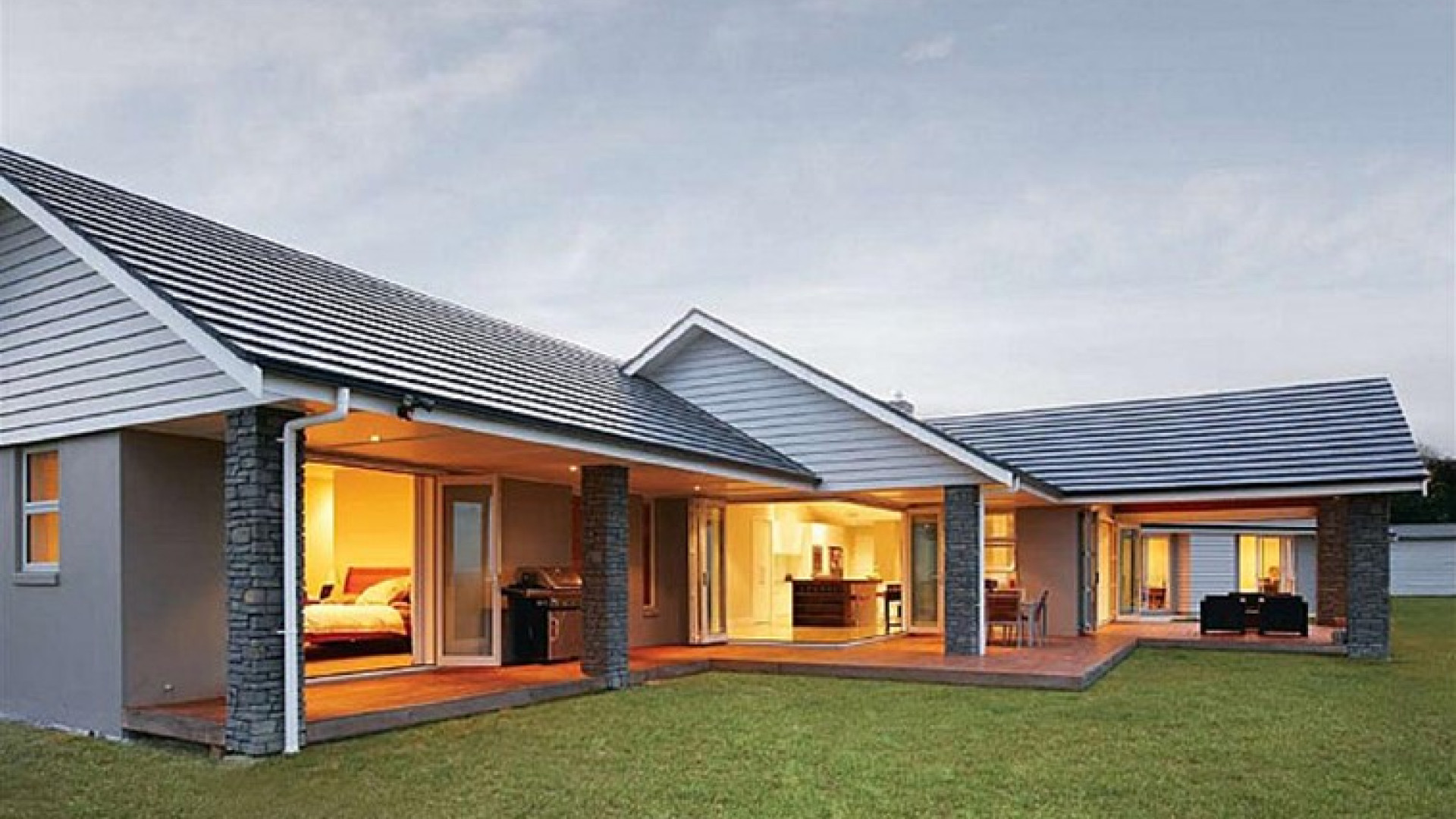Hinged Doors
Windows
Complementary
Hit enter to search or ESC to close
Smart windows and doors helping the elderly

Like many countries across the globe, New Zealand's elderly population is expanding. Greater access to healthcare and nutritional foods have given rise to increasing numbers of elderly New Zealanders.
House door innovations like LevelStep Sills can help create larger living areas for elderly residents.
The Ministry of Social Development predicts that by 2036, around 1 in 4 New Zealanders will be aged 65 and over, the equivalent of 1.25 million people. Today, there are 698,400 over 65s, yet, with the 80 per cent increase expected, New Zealand will have to accommodate an additional 560,100 elderly people.
In response, New Zealand's construction and housing development sector has been looking to create more age-friendly housing.
Changing model of housing in New Zealand
There is no doubt that elderly New Zealanders have different housing demands than younger generations. The consequence has been an explosion of retirement homes. Figures from the New Zealand Herald found that close to 33,000 people live in retirement villages in 2015, up from 24,000 three years prior.
A study from Angela Webster, economist and research consultant, reported that the rapid population growth was driving the retirement village sector, the Herald said.
"There are a number of drivers responsible for the increase in demand for retirement village living, with the ageing population, an increased acceptance of retirement village living and increased product availability being the main influences," the study argued.
While much of this is focused in Auckland, the ANZ Retirement Savings Barometer found that 20 per cent of Aucklanders plan to leave the city as they head into retirement, in comparison to only 12 per cent of North Islanders living outside of the Supercity. Age-appropriate housing is thus becoming an imperative for developers. The issue is knowing what is acceptable and what is not.

Elderly New Zealanders can use smart doors and windows to live semi-independent.
Age-appropriate housing for older New Zealanders
Researchers have shown that, due to increased life expectancy and improved well-being, there is a general push towards 'ageing in place'. What this means is living within traditional communities, with some level of independence, instead of residential care.
The outcome is an increase in safe, warm and affordable housing. The trend is driven by the increasing numbers of older people, many of them widowed women, who require secure and simple housing, close to key infrastructure such as health and transport services. Smart windows and doors are a central component of this. Take for instance, the work done in Israel, which has a similar demographic to New Zealand.
Colel Chabad's Grabski Rehabilitation Center in partnership with the Israeli government created a number of smart apartments. While initially for those with severe disabilities, the smart apartments are usable by the elderly, even those suffering from degenerative disorders. Centre Director Koby Wiesel said that the initiative only works due to the use of smart technology, including intelligent windows and doors.
"We are talking about very 'smart' flats which enable their occupants to accomplish many tasks through the use of remote controls - for example opening and closing shutters, windows, doors etc. All this makes them less dependent on aides," he said.
Reducing size, but extending living space
Property size is another key consideration for housing developers. Statistics New Zealand found that four or more bedroom houses increased from 19 per cent in 1991 to 28 per cent in 2006. Building consents also offer insight with residential floor space rising from 39m2 to 191m2. However, with the shrinking size of green space available for builds, developers will have to balance the demand for larger homes for older New Zealanders and land restrictions in place.
Central to this balance are windows and doors. Selecting the right type can expand living space, while reducing the need for large houses. Sliding and Bifold house doors are an excellent example of expanding living spaces while reducing the need for larger floor spaces.
If you would like to know more about how windows and doors can be used in retirement and age-appropriate housing, talk to the experts; Altus Windows Systems.













